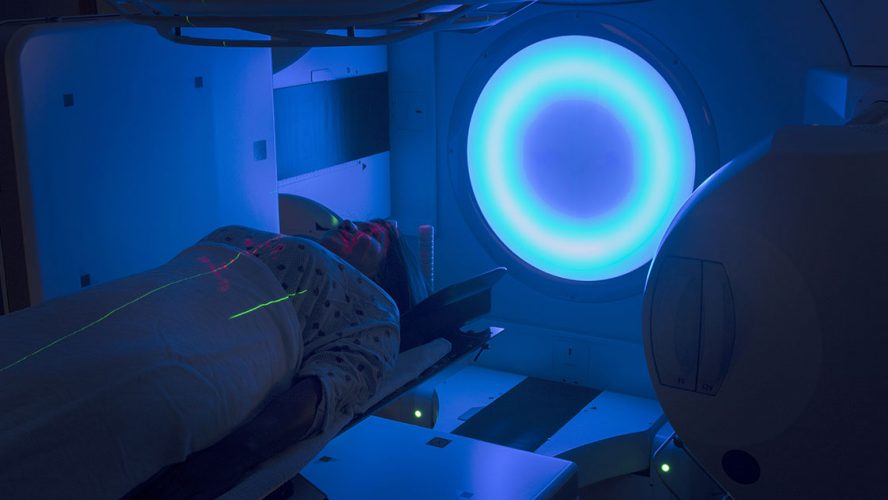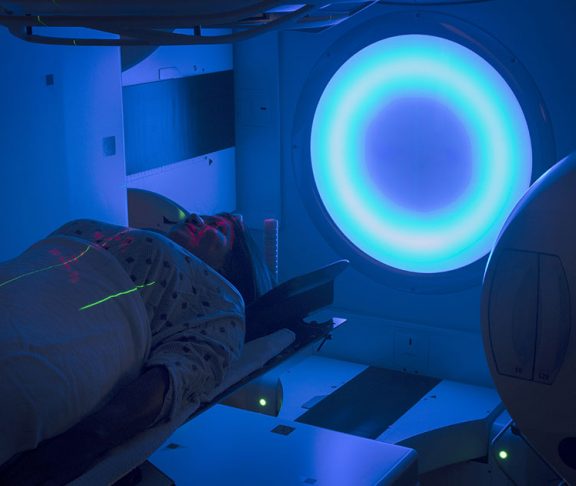
Daryl Pritchard, Ph.D.
Senior Vice President, Science Policy, Personalized Medicine Coalition
Certain genetic tests can help women understand their risk of getting ovarian cancer and allow them to consider preventive treatment options. New technologies can lead to earlier detection of ovarian cancer so that doctors can treat the disease at its earliest stages, thereby resulting in a better chance for improved outcomes. Other molecular tests can unlock more effective treatment options for certain ovarian cancer patients.
These medical breakthroughs are a result of both an increased understanding of the disease-related genes BRCA1 and 2, and a new method for detecting cancers using blood tests.
Prevention
BRCA1 and BRCA2 are genes that can help predict the risk of getting ovarian cancer and can thereby inform preventive strategies that are employed before disease is diagnosed. Women with certain BRCA1 and BRCA2 gene variations have a potential 39 percent chance of developing ovarian cancer, compared to a 1.3 percent chance among the general female population.
By combining information about these molecular markers with an individual’s medical history, circumstances and values, patients and their doctors can work together to create personalized prevention plans.
Detection
Ovarian cancer represents only 30 percent of gynecologic cancers but is responsible for 50 percent of deaths, primarily because most women are diagnosed with advanced disease, which is harder to treat than early-stage disease. However, a new method for ovarian cancer surveillance using a “liquid biopsy” provides hope for earlier detection.
Liquid biopsies can detect cancer DNA, either within cells or circulating by itself in blood, obviating the need for invasive tissue biopsies. The technology may make it possible to screen for ovarian cancer using a routine blood test, so women would know if they had early-stage ovarian cancer before feeling sick. This would also provide ovarian cancer patients that have already been diagnosed and treated with enhanced surveillance for recurrence.
Treatment
For ovarian cancer patients who have mutations of the BRCA1 or BRCA2 genes, new drugs are now available that specifically target the molecular mechanisms of the disease. Olaparib (Lynparza) and rucaparib (Rubraca) are poly (ADP-ribose) polymerase inhibitors, which treat ovarian cancer much more effectively than standard treatments.
Molecular diagnostic tests for BRCA1/2 are used to identify the patients who will benefit from receiving these drugs, thereby allowing these ovarian cancer patients to be treated with the appropriate regimen immediately. This is a remarkable improvement over the traditional trial-and-error process for selecting a therapy.
New drugs produce better results in treatment and new technology allow for earlier detections. With these advancements, there can be proactive approaches to ovarian cancer.

